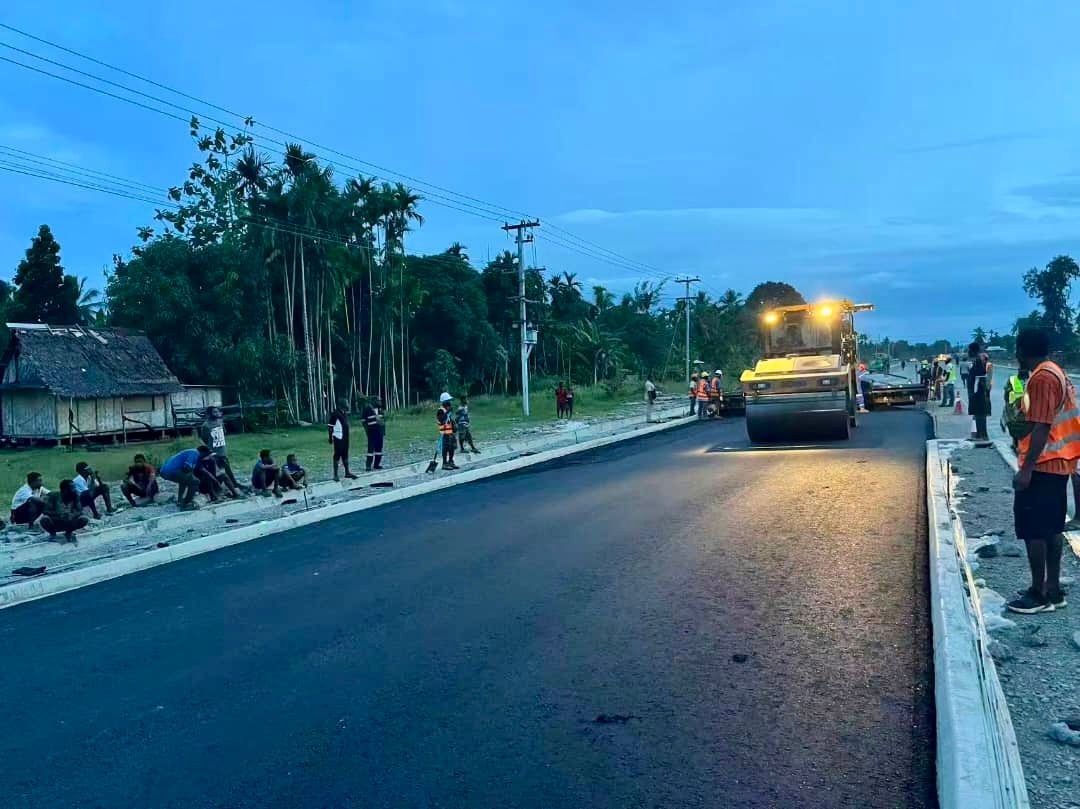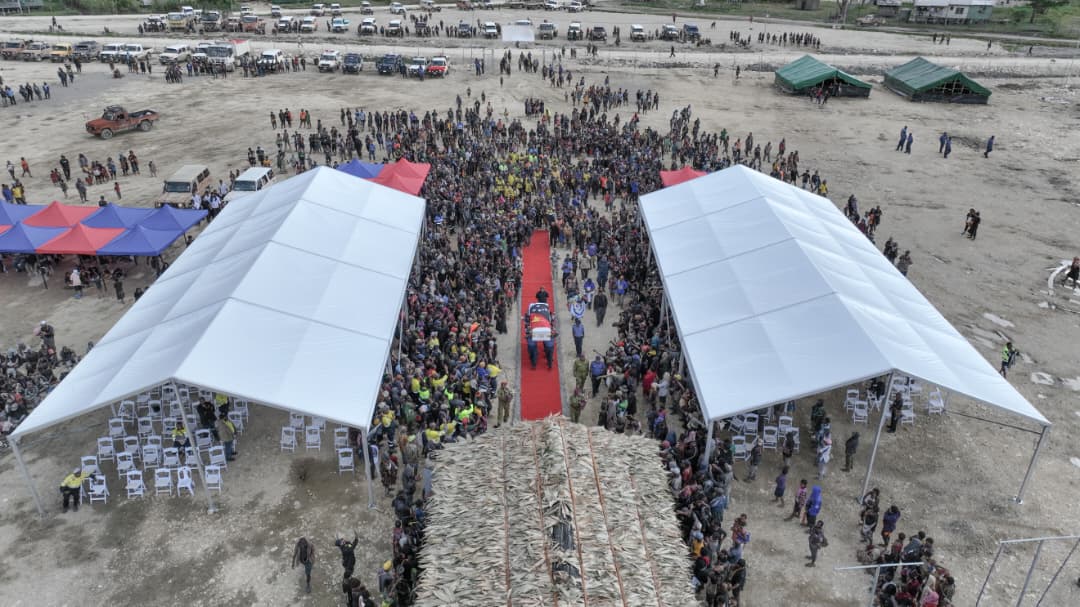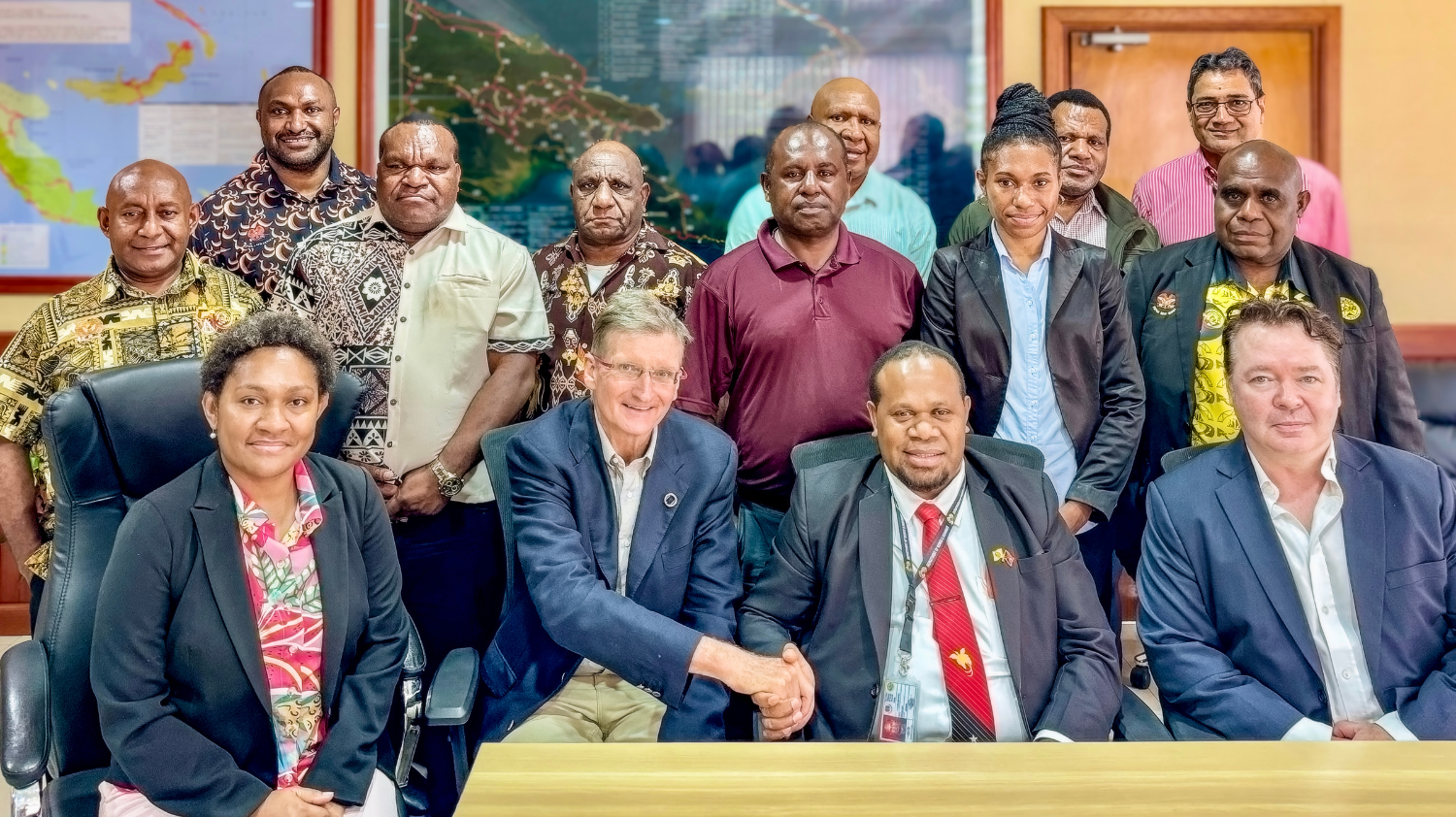Innovative Approaches to Construction
- by DoWH
- 13th December 2024
To ensure the successful delivery of missing link projects, the Connect PNG Program has embraced modern engineering practices and innovative solutions
Geotechnical Engineering
- Comprehensive surveys and soil testing are conducted before construction to ensure roads are built on stable terrain.
- Strategies for mitigating risks such as landslides and flooding are integrated into the planning process.
Climate-Resilient Designs
- Infrastructure is designed to withstand Papua New Guinea’s challenging climatic conditions, including heavy rains, floods, and extreme heat.
- Bridges are built with flood-resistant materials, while roads feature advanced drainage systems to prevent erosion.
Cost-Effective Techniques
- Modular bridge systems and pre-fabricated materials are used to accelerate construction and reduce costs, particularly in remote and hard-to-reach areas.
Community Involvement
- Local communities are engaged in every phase of the project, from planning to construction. This participatory approach ensures that infrastructure meets the real needs of residents while providing employment and skill-building opportunities.












